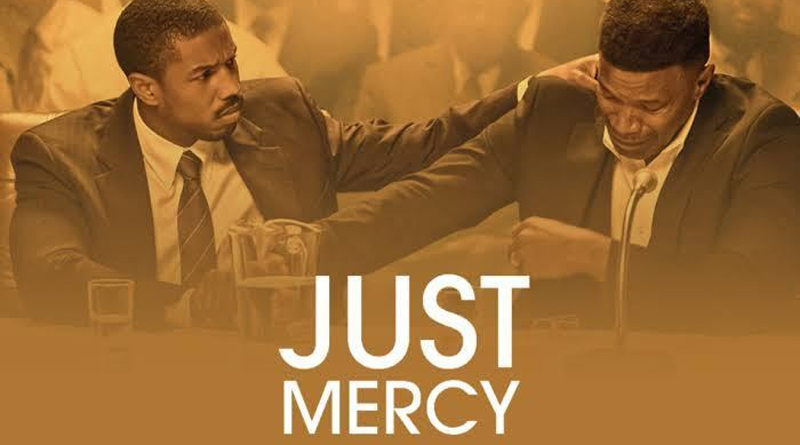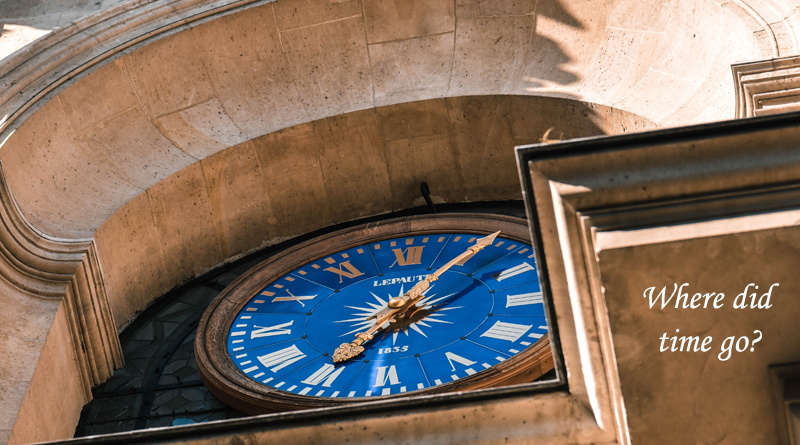I read this article by Starz TV in The New York Times about the gods in America. I thought it had a honest perspective. How many gods do we really have? Read on:
Humans have always sought to protect themselves from the dangers of an uncertain world, finding support in family, community and shared tradition. They have also created powerful allies: gods that they believe provide prosperity and safety in exchange for their worshippers’ devotion.
In “American Gods,” the Starz TV series based on Neil Gaiman’s acclaimed novel, these deities are very real, living amongst us in secret, their influence waxing and waning with society’s changing views.
The drama follows the con man Mr. Wednesday (Ian McShane) and Shadow Moon (Ricky Whittle), an ex-convict with a mysterious past, on an epic road trip through America’s heartland. Along the way, they encounter a pantheon of mythical figures from around the globe. Though “American Gods” takes a fanciful view at the forces we worship, it also highlights our changing beliefs; how Americans hoped to achieve success yesterday may not be the same as what they want today.
Read on as we explore the shift in our own views and obsessions over the ages.
WEALTH – Striking Gold
If America had only one god in its short history, it would likely be capitalism. In the decade following the 1848 discovery of gold in the California territory, prospectors from across the country became obsessed with striking it rich out West. Early on, the daily wage for miners was 20 dollars — a powerful draw for workers elsewhere, like those earning just 88 cents a day building the Erie Canal. To new arrivals — many of whom had spent their life savings to get there — the territory’s freedom from government was an added incentive. But this lax society had an inevitable downside: Thievery and violence were commonplace, as were illicit industries that sprang up catering to the influx of forty-niners. The effect of the Gold Rush was quickly apparent. California’s population swelled from less than 8,000 in 1846 to 380,000 by 1860. Eventually, the Gold Rush faded, but the Golden State has retained its place in the American imagination as a beacon of new opportunities.
Silicon Valley
Today, mining for data is more valuable than finding gold. Now it’s engineers, entrepreneurs and computer scientists who seek fortunes in the West to become the new gods of Silicon Valley. The Bay Area is full of modern prospectors trying to get a taste of what the gold miners were searching for — and today, many actually do win big. When Google went public in 2004, over 900 employees instantly became millionaires. Similar stories abound at Facebook, Twitter and other former startups. And often striking it rich once isn’t enough: Serial entrepreneurs sometimes have multiple successes or equally spectacular failures. Also, like its predecessor, today’s gold rush has been riven with epic battles, betrayals, windfalls and scams — but contracts and lawsuits have generally replaced violence as tools for revenge.
ENTERTAINMENT
Radio
For three centuries, newspapers were the sole purveyors of mass media, so when radio dawned in the 1920s, it felt magical. The rise was swift: In 1921, there were only five broadcast stations; by 1924, there were 500. And by 1930, more than 40 percent of American households owned radios. An American obsession was born. During the Depression and World War II, family and friends gathering around the radio became a national ritual. When President Franklin D. Roosevelt broadcast his “fireside chats,” 70 percent of America tuned in. At a time when patriotism was all-important, radios themselves were objects of worship.
Internet
Staying connected has become a global addiction — as of 2017, more than half of humanity owns a smartphone and 84 percent of American adults use the internet. Last year, the average adult spent over 10 hours a day using digital devices. But is all this connectivity a good thing? Our dependency may distract us from social isolation, but it damages our ability to be fully engaged with reality. And the culture has spawned new anxieties: Social media offers new ways to bully others or follow our darkest impulses. So while internet idols deliver enhanced connectivity that is sometimes welcome, these networks don’t provide the sense of security that more primitive correspondence once did. Still, that may be a small cost for having seemingly infinite human knowledge and history at the tips of our fingers. Even the gods didn’t claim to have that power.
COMMUNITY – Religion
Religion has been a part of human society since the first human burials 200,000 years ago. It explained natural phenomena and provided rules of conduct, punishment and reward when laws were based on the whims of the ruling class. In early America, religion arrived long before the country was founded as early European settlers crossed the Atlantic to practice freely. Later, religion was pushed from its position of prominence to the sidelines. Though America is still a religious nation, an increasing number of people have stopped worshipping regularly, and continue to do so for social rather than spiritual reasons. According to the Pew Research Center, the number of people who believe in God, go to church or pray has begun to decline in recent years.
Politics
Americans have always been political, but the animosity between conservatives and liberals boiled over during the 2016 presidential election. Religion, once an outlet for America’s tribalist tendencies and quest for community, is being replaced by black and white (or red and blue) identification with political parties. Whereas four years previous, 67 percent of registered voters said that they had thought “quite a lot” about the election, that number rose to 80 percent in 2016, with 60 percent of voters saying they are more interested in politics than they were four years ago. And with the 24/7 cable news cycle, it’s easier to tune in to pundits than it is to attend church or community events. Ideologically, this split has never been more apparent: Purple states are disappearing as entrenched ideologies take hold.
But even as politics capture the country’s imagination, America’s fascination with religion continues to bleed into our political culture. The U.S. Congress, for example, is as religious today as it was in the early 1960s. And the separation of church and state, one of the nation’s founding ideals, has been questioned by politicians in recent times – some of whom have argued that America is an inherently Christian nation. As in the show, these American Gods have refused to die, instead evolving and lingering as new ideas take hold.
Just a thought…
Linda Faith
Editor in Chief




0 Comments